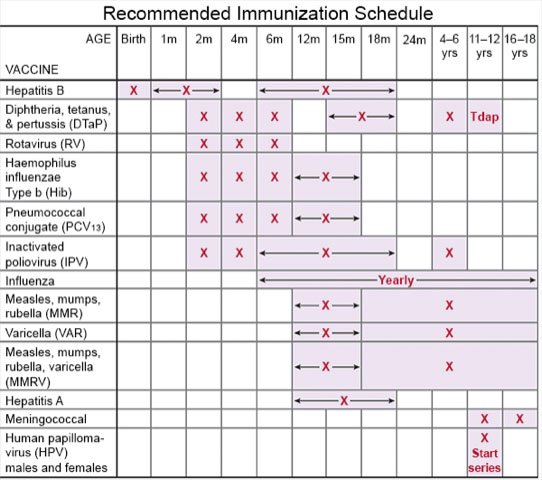Splenic Infarction
Medically reviewed by Drugs.com. Last updated on Aug 4, 2025.
A splenic infarction is a blockage that prevents blood from flowing to your spleen. Your spleen is in your left upper abdomen, just below your ribs. Your spleen is part of your lymph system and helps fight infection. It also helps control the number of blood cells that flow through your body.
 |
DISCHARGE INSTRUCTIONS:
Call your local emergency number (911 in the US) if:
- You have severe pain or tenderness in your upper left abdomen.
- You are confused or start to feel lightheaded, dizzy, or faint.
- You have pain in your left shoulder.
Return to the emergency department if:
- You have trouble having a bowel movement or urinating.
- You have new or worsening symptoms.
Related medications
Call your doctor if:
- You have a fever.
- You have nausea or are vomiting.
- You have questions or concerns about your condition or care.
Medicines:
You may need any of the following:
- Prescription pain medicine may be given. Ask your healthcare provider how to take this medicine safely. Some prescription pain medicines contain acetaminophen. Do not take other medicines that contain acetaminophen without talking to your healthcare provider. Too much acetaminophen may cause liver damage. Prescription pain medicine may cause constipation. Ask your healthcare provider how to prevent or treat constipation.
- Antibiotics help prevent or treat a bacterial infection.
- Medicines may be given to prevent or treat nausea or vomiting. You may need other medicines if you have sickle cell disease. Your healthcare provider will give you more information on sickle cell medicines.
- Take your medicine as directed. Contact your healthcare provider if you think your medicine is not helping or if you have side effects. Tell your provider if you are allergic to any medicine. Keep a list of the medicines, vitamins, and herbs you take. Include the amounts, and when and why you take them. Bring the list or the pill bottles to follow-up visits. Carry your medicine list with you in case of an emergency.
Manage a splenic infarction:
- Ask about vaccines you may need. Vaccines help prevent infection and illness, such as the flu, COVID-19, and pneumonia. If you have surgery to remove your spleen, your risk for infections will always be high. Your healthcare providers will give you information about vaccines to get and when to get them.

- Do not take aspirin or NSAIDs. These medicines may increase your risk for bleeding.
- Limit activity as directed by your healthcare provider. He or she may tell you not to play contact sports or do heavy physical activities. Ask how long to limit activity, if needed.
- Eat healthy foods. Healthy foods can help improve your energy and overall health. Healthy foods include fruits, vegetables, whole-grain breads, low-fat dairy products, beans, lean meats, and fish. Ask if you need to be on a special diet.

Follow up with your doctor as directed:
Write down your questions so you remember to ask them during your visits.
© Copyright Merative 2025 Information is for End User's use only and may not be sold, redistributed or otherwise used for commercial purposes.
The above information is an educational aid only. It is not intended as medical advice for individual conditions or treatments. Talk to your doctor, nurse or pharmacist before following any medical regimen to see if it is safe and effective for you.
Further information
Always consult your healthcare provider to ensure the information displayed on this page applies to your personal circumstances.
